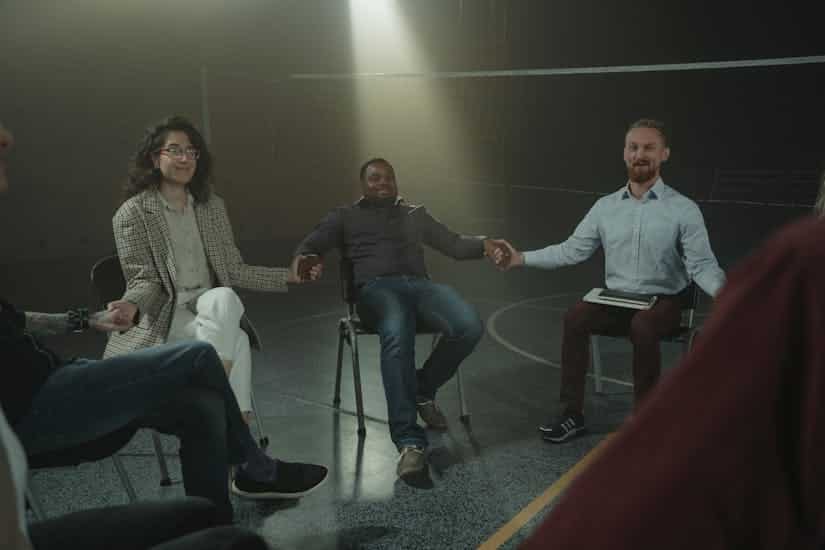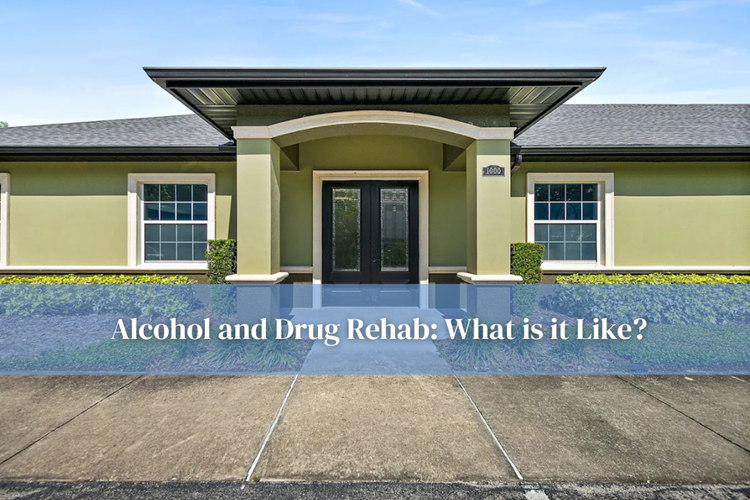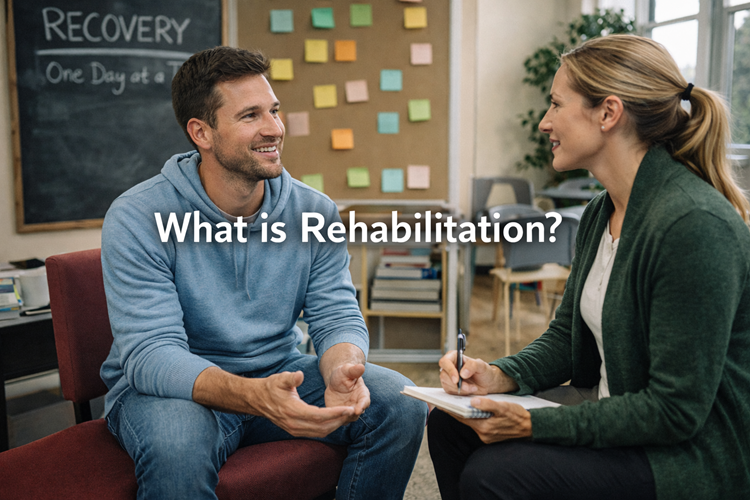Psychotherapy, counseling, or just therapy is a profession aimed at helping a person overcome different psychological disorders, emotional disturbances, or life difficulties. Therapies are considerable and every one of them can be effective or not depending on the patient, and each one has its techniques.
This blog will also present a list of some frequent forms of therapy, and I will describe them, in terms of method, function, and possible uses.
Types of Therapy
1. Cognitive Behavioral Therapy (CBT)
CBT is one of the most common forms of therapy in which the interaction between cognition and emotions, and the outcomes of those interactions are determined. It enables a person to learn how to change his or her way of thinking, to avoid thinking negatively and unhelpfully, and to develop better strategies for dealing with problems. CBT is especially appropriate in cases of working with depression, anxiety, and substance abuse issues.
2. Psychodynamic Therapy
Psychoanalytic therapy, which draws from Freud’s tenets, addresses the patients’ unconscious processes, which perhaps are affecting their present behaviors and feelings. It emphasizes the central role played by early life experiences and the relationships an individual had during their formative years. Psychodynamic therapy can be particularly beneficial for adults seeking to change their behavior and overcome unresolved conflicts from earlier stages of their lives.
3. Humanistic Therapy
Person-centered therapy comes closer to the assumption that people have the potential for growth within them. It focuses on respect, accepting the patient, and listening to him or her keenly. Humanistic therapists provide conditions that enable the patient to work through his or her issues, emotions, and beliefs about life. Some of the problems that are solved by using this approach include low self-esteem, problems with identity, and relationship problems.
4. Interpersonal Therapy (IPT)
IPT is a time-limited therapy that is aimed at treating interpersonal relationships as well as their influence on mental health. It allows people to work on their interpersonal communication as well as conflict-solving and thus improve their relationships. IPT was found most useful for treating depression and anxiety of relational origins.
5. Family Therapy
Family therapy is a type of psychotherapy where the family is taken as the unit of intervention in matters that directly touch on each of the members as well as the whole family. It can be used for conflict-solving, building more effective communication, and achieving better cohesion in the family. Family therapy is used to address such issues as substance abuse, and marital and adult behavior disorders.
6. Group Therapy
Group therapy can be defined as a therapy where people, who go through similar problems or are facing similar concerns, get together to work with the help of a therapist. For the members, it serves the purpose of giving them a platform where they can share with others, listen to other members’ experiences, and be in a position to know how to handle the given situation. The therapy is useful for managing cases of depression, anxiety, substance use disorder, as well as grief.
7. Mindfulness-Based Therapies
Numerous therapies are used and these include mindfulness-based stress reduction (MBSR) and mindfulness-based cognitive therapy (MBCT), whereby the person is encouraged to focus on the present moment without having to criticize it. They may also assist in decreasing stress, anxiety, and depression while enhancing emotional and interpersonal control.
8. EMDR
EMDR stands for Eye Movement Desensitization and Reprocessing and is a type of therapy meant to help people overcome traumatic experiences. It comprises the use of bilateral stimulation such as eye movements, and finger taps, among others, while the patient relives the traumatic event. Hence, EMDR can be beneficial in the reduction of the presentation of PTSD and related symptoms of anxiety and depression.
9. Acceptance and Commitment Therapy (ACT)
ACT is an acronym for acceptance and commitment therapy, which is one of the forms of cognitive behavioral therapy and focuses on experiential accepting of pain and suffering; in other words, healing does not mean avoiding thoughts and emotions. It assists individuals in defining their values and getting in the right direction to pursue a fulfilling life. ACT has been described as being helpful in cases of anxiety, depression, and chronic pain.
If, however, you are thinking about looking for therapy, then it’s rather advised to search for a professional in the field of mental health care that would be suitable for your case. Psychotherapy comes in many forms, so it is necessary to select the treatment that seems suitable.
Choosing the Right Therapy
The best therapy that you need to take depends on your requirements, your preferences, or the problems that you have in life. There is a need to seek the services of a competent therapist who can evaluate the situation and advise the right way forward.
The Benefits of Therapy: A Path to Well-being
Therapy as a veritable activity in the form of individual, group, or family therapy is a valuable tool in the management of many of the multifaceted emotional and mental disorders. It enables people to freely express their minds, emotions, and conduct, enabling individuals to attain better states of well-being and actualization.

Here are some of the key benefits of therapy: Below are some of the main reasons why people go for therapy:
Improved Mental Health: Counseling can help to cope with complaints of anxiety, depression, stress, as well as other mental health-related cases. Coping styles and modalities are some of the key areas that assist in enhancing one’s therapy and consequently mental health in general.
Enhanced Emotional Well-being: This is done by cognitive and emotional therapy that helps those suffering from various emotional illnesses get control of their emotions and know which, if any, create problems, thus helping them improve their ability to cope with emotions in general.
Improved Relationships: People who experience related problems can also attend psychotherapy and learn how to communicate with family and friends, solve conflicts, and develop closer relationships.
Increased Self-Awareness: Therapy is that process whereby patients get to understand themselves, their thoughts as well as their actions, with the overall goal of being able to accept themselves despite their imperfections.
Coping with Trauma: Another common reason that makes people look for the services of a counselor is when they have gone through some form of traumatic event. In this sense, therapy means that there are techniques of rehabilitation or coming to terms with trauma to enable the injured to start living again.
Stress Management: Advising might offer helpful ways of handling stress, anxiety, and other issues that one may experience in his or her lifetime.
Personal Growth: Psychotherapy is effective in changing lives; this is because it assists people in understanding the goals, self-esteem, and purposes for their existence in this world.
Finding the Right Approach
Therapy is a very efficient method of working on the problematic aspects of one’s emotional life and enhancing the quality of life. So, knowing what types of therapy exist will help you get the best option that corresponds to the patient’s requirements. Psychotherapy is supposed to assist a person in establishing appropriate ways to address problems and recommend treatment methods for easing the symptoms and improving the patient’s experience of life.

If you think about going for therapy, do not wait to consult with a health professional. Orlando Treatment Solutions provides a list of new therapies that can help patients as they begin their recovery process. Call us (321) 415-3213 and inquire about our service offer and book for a consultation as the first step towards a brighter future with our help.



























